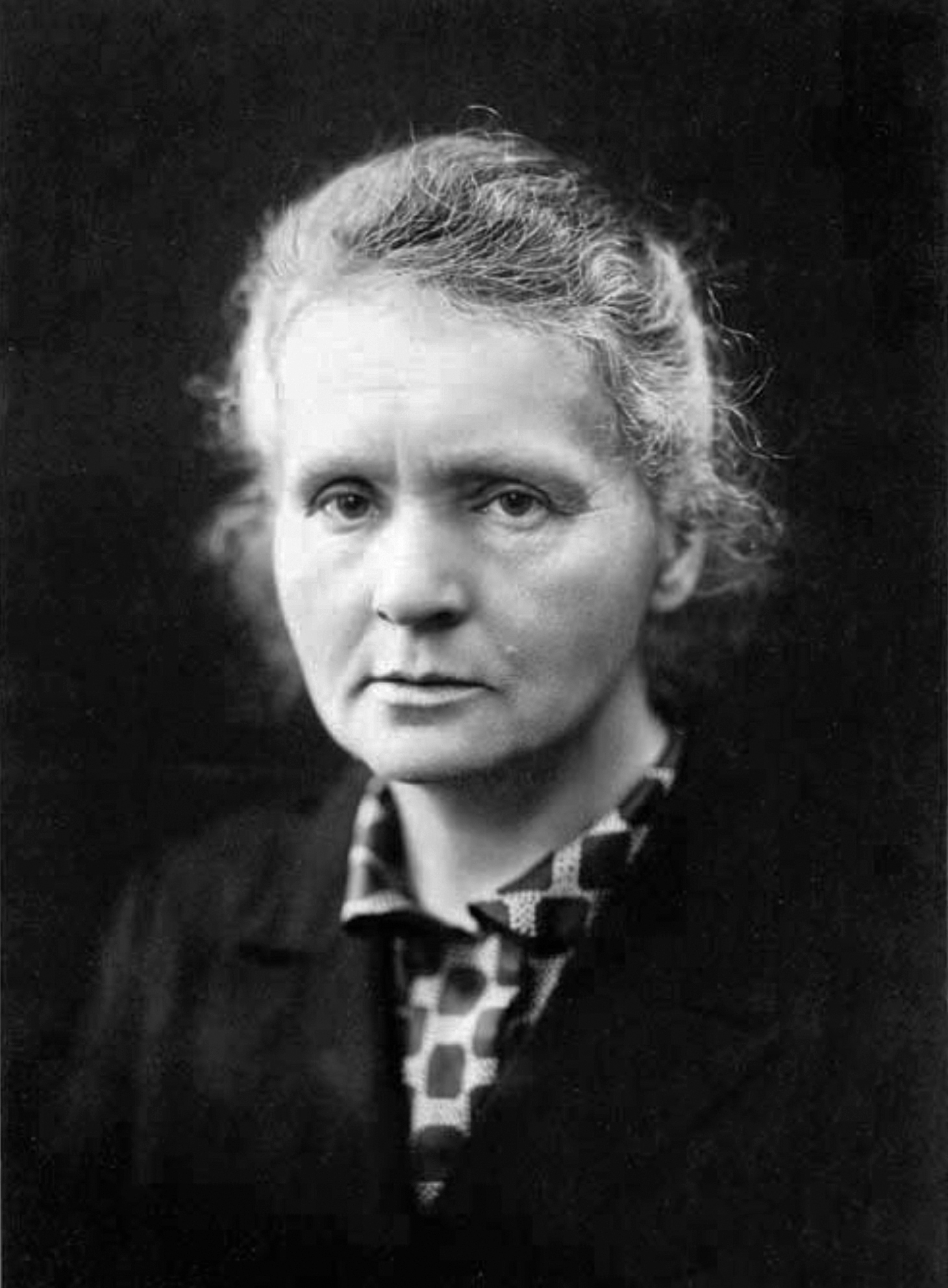Marie Curie became the first woman to win a Nobel Prize and the first person ever, to win the award twice. With her husband Pierre Curie, their efforts led to the discovery of polonium and radium and, after Pierre's death, the further development of X-rays. The famed scientist died in 1934 of aplastic anemia likely caused by exposure to radiation. Her work has greatly influenced the scientific community, and influences of her work are still seen today.
Maria Sklodowska (later known as Marie Curie) was born on November 7, 1867, in Warsaw (modern-day Poland). Both of Curie's parents were teachers. Her father was a math and physics teacher. Curie's mother died when she was only ten years old. As a child, Curie showed signs of great intelligence, excelling in school. But because she was a woman, she was not able to attend the University of Warsaw. Instead, she opted to take a set of underground, informal courses that were held in secret.
Curie got into the Sorbonne, but it was very costly. She often only ate buttered bread and tea, and her poor diet came with a slew of health problems. She completed her master's in physics and another degree in math a few years later. Soon after, she made her scientific discover with the help of her husband Pierre. She discovered polonium and radium after working with the mineral pitchblende. Her work with radiation took a toll on her, and she died on July 4, 1934.
Fun Facts:
- She was the first female professor at Sorbonne, her college.
- She promoted the use of portable x-rays.
- She still remains the only person to be graced with two Nobel Prizes.
Marie Curie:

No comments:
Post a Comment
Please be respectful. Think to yourself, "Would I say this to a child?"